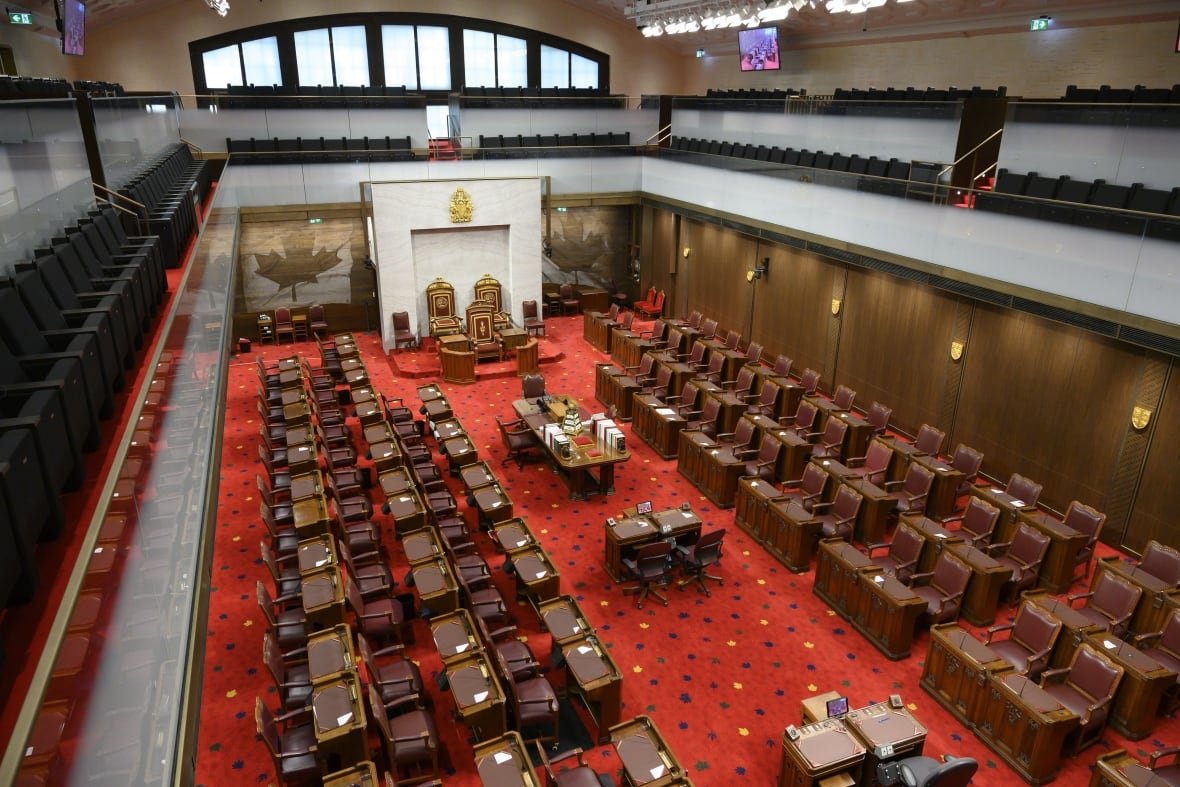The first RCMP officer to wear a turban on the job is now a Canadian senator.
Prime Minister Justin Trudeau appointed B.C.’s Baltej Dhillon to the role, along with Martine Hébert of Quebec and Todd Lewis of Saskatchewan, to fill a trio of vacancies.
Dhillon retired in 2019 after a nearly 30-year career in the national police force that saw him rise to the rank of inspector, as he took part in high-profile cases, including investigations into serial killer Robert Pickton and the Air India bombing.
More recently, he ran for the provincial NDP in British Columbia’s 2024 election, in the riding of Surrey-Serpentine. He finished second.
Dhillon will sit as an independent, as will Hébert, an economist and former diplomat who served as Quebec’s delegate to Chicago and New York City, and Lewis, a farmer and the current vice-president of the Canadian Federation of Agriculture.
The Prime Minister’s Office says all three were recommended by the Independent Advisory Board for Senate Appointments, created in 2016.
The role of senators
Canadian senators are appointed positions that can be held until the age of 75.
Their role is to scrutinize and make suggestions for improving legislation passed by elected Members of Parliament in Ottawa’s House of Commons, and are the final step before bills passed by that House can become law.
Historically, the Senate was meant to represent regional interests and in the 20th century was often used for partisan appointments, rewarding individuals loyal to whichever party was in power at the time.

However, Trudeau caught Liberal senators by surprise in 2014 when he expelled all of them from the Liberal caucus, which was in Opposition at the time.
After taking power the following year, he changed the nomination process, calling on an advisory committee to recommend candidates based on merit. These new senators were described as “independent” because they were not affiliated with any political party.
Still, a significant number of senators appointed in recent years had recent or significant partisan experience, most often within the Liberal Party of Canada or provincial Liberal parties, earning criticism from the Conservatives.
On Jan. 27, CBC News reported that Trudeau had plans to fill all remaining vacancies in the Senate prior to stepping down as prime minister in a few week’s time.
At the time, there were ten vacant positions. With the new appointments, that’s now down to seven: three in Ontario, and one each in British Columbia, Quebec, New Brunswick and Nova Scotia.

